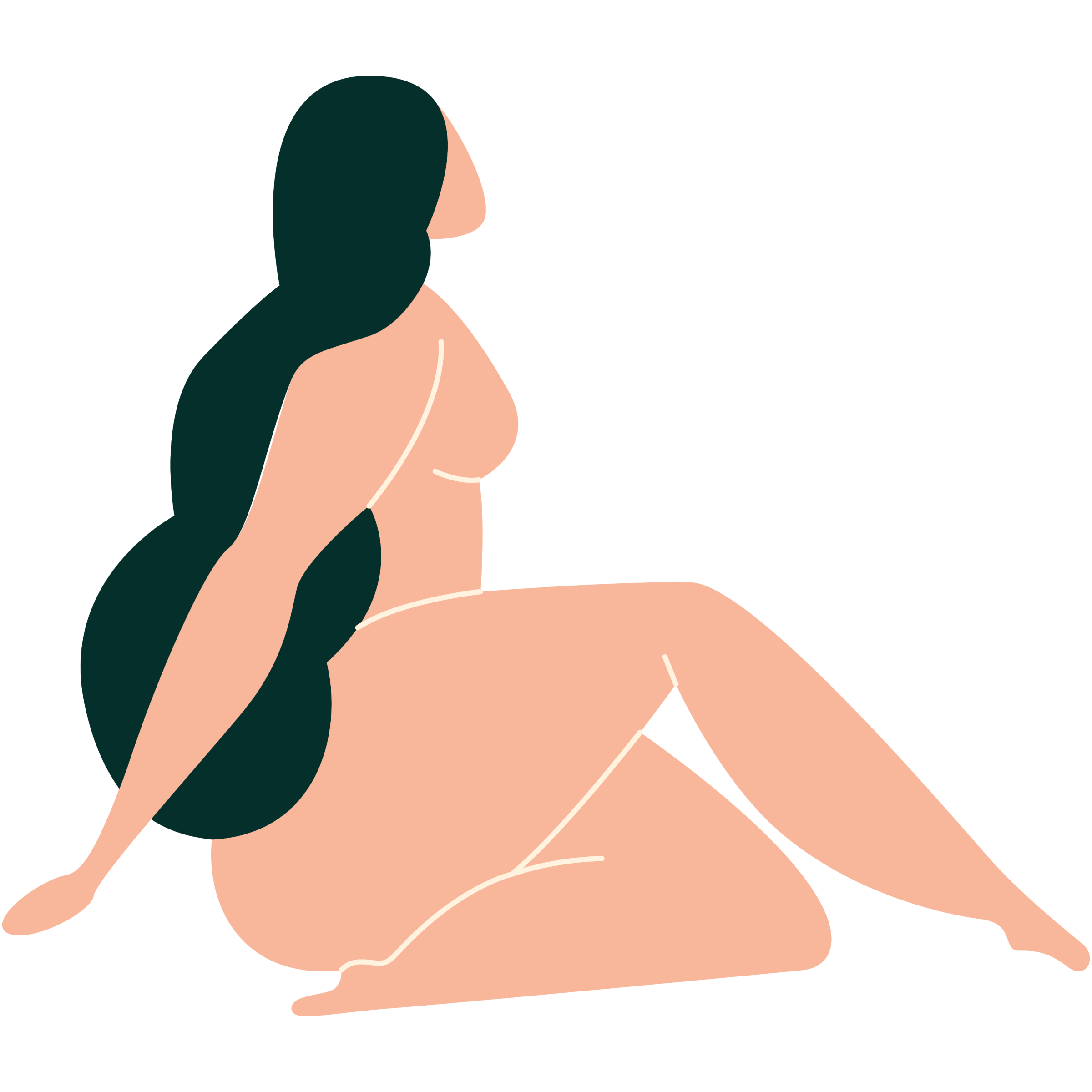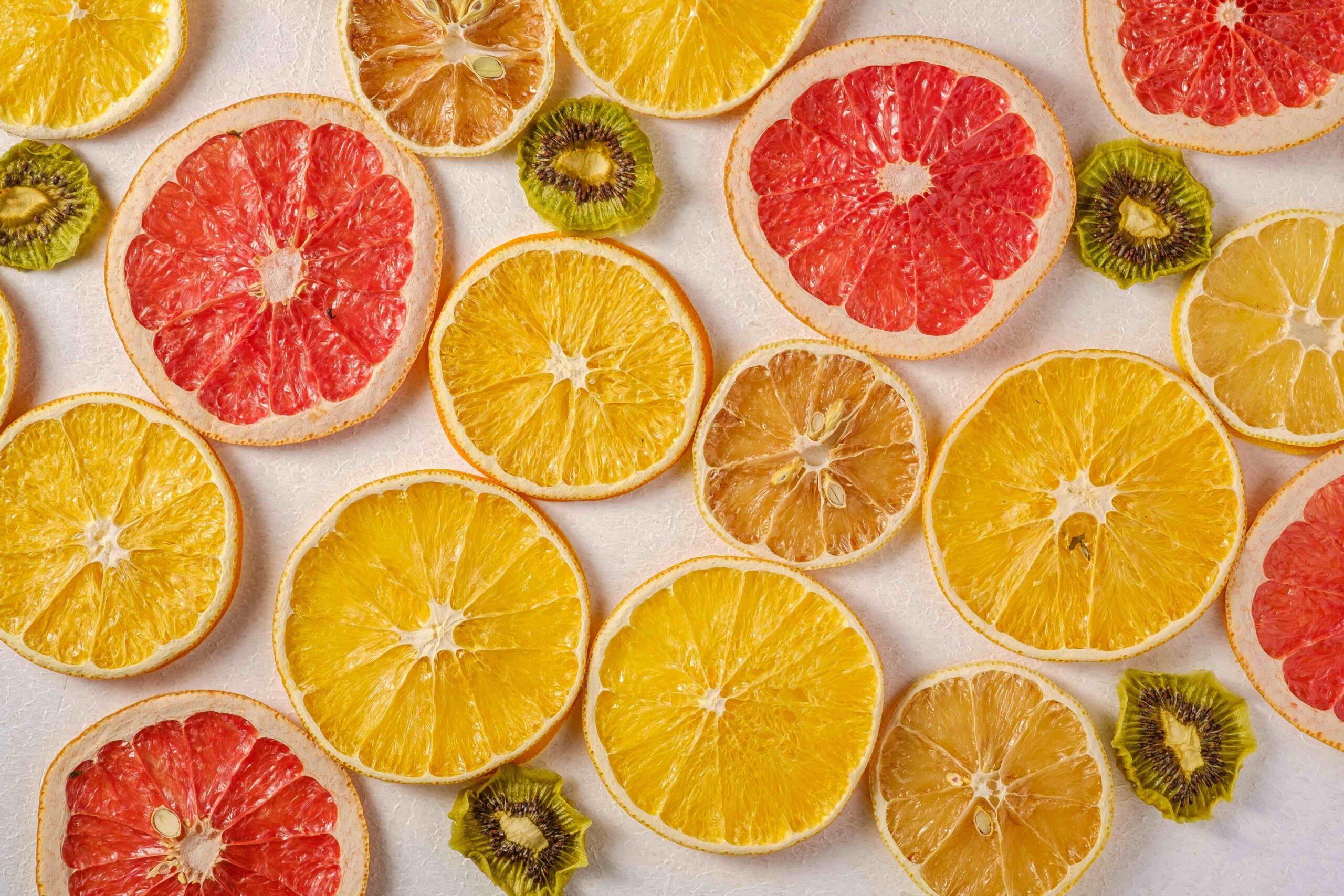
Body
Get to know your body through a better understanding of your anatomy and find the answers to some of your most common questions.

Vaginal dryness happens when the vagina lacks proper moisture and lubrication. This can lead to discomfort, itching, burning sensations, and pain during sex. Apart from physical issues, this can also impact your sexual confidence and overall well-being.
While vaginal dryness is more common after menopause, around 17% of women aged between 18 and 50 report problems with it.
Estrogen is the hormone that keeps your vaginal lining moisturized with fluid, making it thick and elastic. Vaginal dryness happens most often as a result of your estrogen levels dropping, causing the tissues in your vagina to be dry, thin, and not well-moisturized. This leads to discomfort, especially during sex. Hormonal changes can occur during menopause, breastfeeding, childbirth, and certain phases of the menstrual cycle.
Certain medications can cause vaginal dryness by interfering with the body’s natural lubrication processes. For example, hormonal birth control methods, such as the pill or IUD, work by altering hormone levels, including estrogen, to prevent pregnancy. Estrogen is crucial for maintaining vaginal moisture. Antidepressants can also alter hormone levels and blood flow throughout your body, which may affect vaginal wetness.
Our bodies are an intricate ecosystem where everything works together harmoniously. When you’re stressed or anxious, our body’s natural balance is disturbed by the release of hormones like cortisol as part of the "fight or flight" response. Elevated levels of cortisol can suppress the production of estrogen, which is essential for maintaining the thickness and elasticity of vaginal tissues. As estrogen levels decrease, the vaginal lining may become thinner and less lubricated, resulting in dryness and discomfort.
Certain health conditions can affect vaginal moisture levels. Vaginal infections, for example, can lead to inflammation and irritation and disrupt the natural moisture balance. Autoimmune disorders like lupus or Sjögren's syndrome may cause the immune system to attack vaginal tissues, which affects lubrication. Diabetes can damage blood vessels and nerves, impacting blood flow and sensation in the vaginal area. Additionally, chemotherapy and radiation can result in inflammation and thinning of vaginal walls, contributing to dryness and discomfort.
Your overall lifestyle impacts your vaginal health. For example, smoking restricts blood flow and disrupts hormone levels. Inadequate hydration affects your body's ability to produce moisture, and a poor diet lacking essential nutrients can also contribute to dryness.
Talking to a gynecologist can provide clarity on what's normal and what's not. We understand that visiting a gynecologist can feel overwhelming, especially with the cultural stigmas attached to it in our part of the world. If this is your first time visiting an OB/GYN, explore this resource to know what questions to start with.
Talking about sex and sexual wellness can be tough, especially since many of us weren't taught how to have these conversations. It can feel really confusing and intimidating to bring up issues with our partners. But trust us, open communication is one of the best things you can do for your sexual life and health. Share your fears with your partner, discuss possible solutions, and work on fixing things together. It can take a lot of the pressure off and help you feel more connected.
At Mauj, we like to call foreplay "coreplay" because it’s such a crucial part of intimacy. For many women, foreplay is absolutely necessary and often one of their favorite parts of the whole sexual experience. Foreplay makes you feel more connected to your own body and your partner and raises your arousal levels, which in turn helps your vagina produce the natural lubrication it needs, making sex more comfortable and enjoyable. If you’re looking for new foreplay tips to inspire your next intimate moment, explore this resource.
There are countless products on the market promising to make our vaginas feel "fresh," "clean," and “vanilla-flavored!” The truth is that most of these are loaded with chemicals that can disrupt the natural balance of vaginal flora and moisture, leading to dryness and discomfort.
To avoid this, limit your use of perfumed products, harsh soaps, and douches. Instead, stick to what you really need. Opt for natural products that match your vaginal pH balance and always do your research before buying anything new. And remember, your vagina knows how to clean itself.
Using natural, vagina-friendly lubricants can be a fantastic solution for vaginal dryness. They can also add some extra excitement to your intimate moments! Look for lubricants labeled "pH-balanced" and "vagina-friendly." These are designed to match your vaginal pH levels, so they won’t cause any irritation. Even if dryness isn't an issue for you, women report that lube enhances their pleasure and helps them reach orgasm easier. Check out this resource to find the perfect lube for you.
Taking time to rest is crucial for managing stress and keeping your hormones in check. When you’re chronically stressed, hormones like cortisol can skyrocket, throwing off your body's delicate balance. This disruption can lead to sexual health issues like vaginal dryness.
Society often tells us that our worth is tied to how much we can do, how productive we are, and how much we can serve others. It's this never-ending cycle that leaves us with little room for rest. And when we do take a moment to pause and recharge, the "female guilt" creeps in. Fight against that guilt, embrace your rest, and give yourself the care and compassion you deserve.
Did you find the answer you were looking for? Is there something we missed? What did you think of this resource? We want to hear from you.
